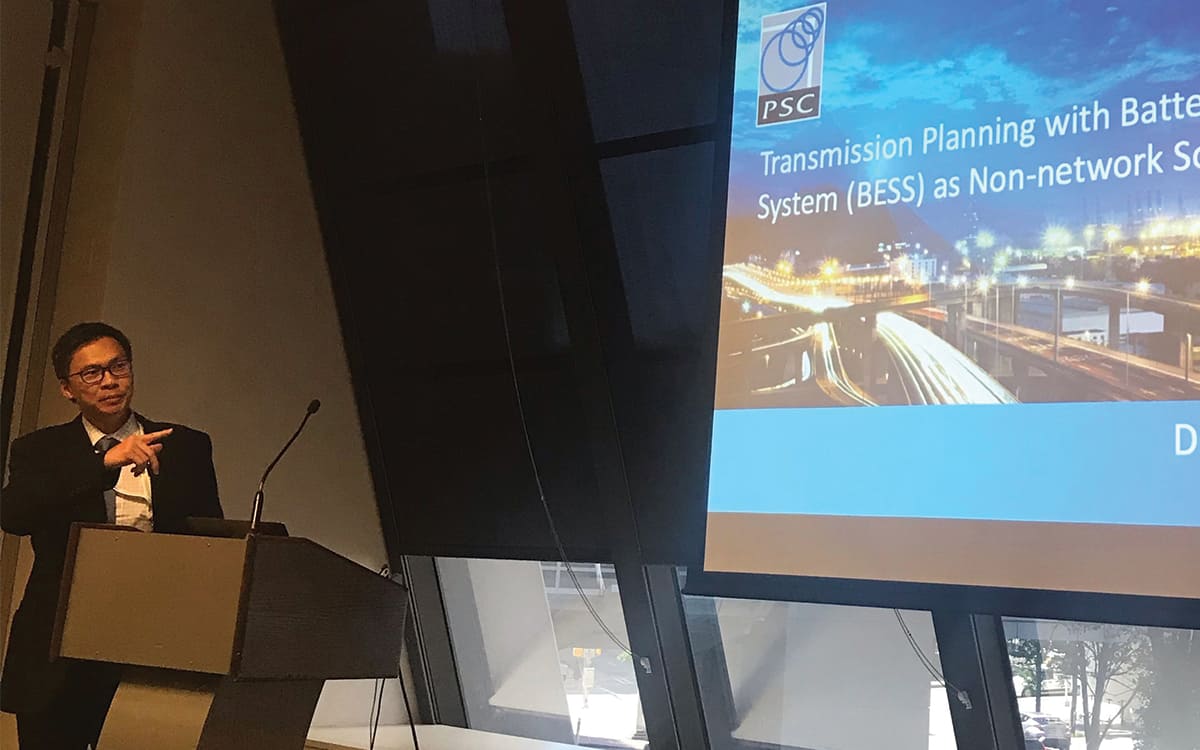The objective of electricity transmission network expansion planning is typically to determine the most efficient grid development options to balance generation with demand. Traditionally, this means planning for capacity expansion based on load and generation forecasts and is often supported by building new transmission lines across long distances from generators to load centres. Investment decisions have historically been driven by meeting technical requirements at the lowest cost. However, other issues such as social, environmental and land are quickly becoming the prohibitive factors.
The use of Distributed Energy Resources (DER) allows load to be met on location. DER provide the opportunity for non-network solutions to minimise grid expansion. PVs and other microgenerators are now helping to reduce grid power consumption, but they bring their own set of challenges to the grid. It is difficult to predict their intermittent power output, adding variability and uncertainty to the operation of the power system. Popularly known as the enabler for the highly renewable future grid, the Battery Energy Storage System (BESS) is a necessary part of the DER family. Since it can be actively controlled, the BESS provides a way of smoothing the supply and matching the demand in the network.
In August, the IEEE Power & Energy Society held its General Meeting in Atlanta, Georgia. Dr. Keehan Chan, GM of PSC Asia, presented a paper on transmission planning with Battery Energy Storage Systems (BESS) as non-network solutions. His paper covered the potential uses of BESS, and how the technology can be considered in the transmission planning process.
Dr. Chan is a Principal Electrical Engineer with extensive knowledge in electrical power engineering covering many different industries including: electrical utilities, the oil and gas industry, large industrial plants, petrochemical and power generation plants, transmission systems, regulatory agencies and academic institutions. His areas of expertise include power system studies/analyses, transmission and distribution (T&D) planning, managing and implementation of transmission & distribution, and electrical projects, undertaking pre-Front End Engineering (FEED) for electrical work and the preparation of technical specifications and tender documentation.

